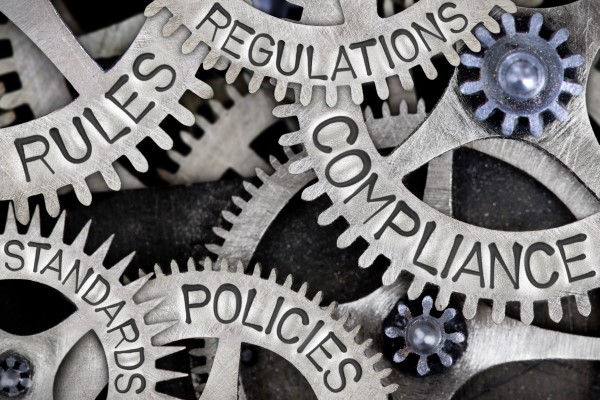A Legal Update on Canada’s Framework for Virtual Currencies and Digital Assets
A Legal Update on Canada’s Framework for Virtual Currencies and Digital Assets
Chetan Phull · July 10, 2019 (revised Oct 30, 2019)
I. Overview
Canadian regulations governing digital assets are maturing rapidly and in harmony, so far.
II. Anti-money laundering and anti-terrorist financing (“AML/ATF”)
On June 21, 2019, the Financial Action Task Force (“FATF”) clarified the obligations it expects Member States to implement, in respect of virtual assets and related service providers. It also stated an expectation of “prompt action” by Members to implement the recommended measures, such implementation to be reviewed by FATF in June 2020.
The very next day, the Canadian government made two announcements. First, federal AML/ATF provisions with respect to virtual currencies would be brought into force on July 10, 2019. Second, the provisions with respect to virtual currency dealers would be brought into force on June 1, 2020.
The recent and forthcoming AML/ATF provisions still contain pockets of uncertainty. However, they provide sufficient clarity to support the legitimite growth of the virtual currency industry moving forward.
III. Securities law
With respect to digital asset securities in Canada, the Canadian Securities Administrators (“CSA”), and Investment Industry Regulatory Organization of Canada (“IIROC”), issued a joint consultation paper in March 2019. This paper solicited consultation on a proposed framework for crypto asset trading platforms.
The following month, the Ontario Securities Commission (“OSC”) issued an order for a timeline to consider the proposed operation of a bitcoin fund by 3iQ Corp. According to that timeline, the parties’ arguments must be submitted by early July.
Given the new ground the OSC decision will break, it is foreseeable that the forthcoming CSA/IIROC framework will be released beforehand, to limit potential conflict with the OSC decision. On this basis, the CSA/IIROC framework could be released as early as August or September 2019.
UPDATE AS OF OCTOBER 30, 2019: The OSC has released its decision on 3iQ Corp. Our analysis is provided here. Meanwhile, the framework for crypto-asset trading platforms remains outstanding.
IV. Commercial transactions and taxation of goods
On the transactional side, the Department of Finance is presently seeking input on the treatment of virtual currency under GST/HST. While an exemption from GST/HST would not give virtual currency the legal status of “money” under federal legislation (see here), it may enable the practical use of virtual currency as an alternative medium of exchange.
Use of the term “virtual currency”, in the context of tax law, is itself a reason to be optimistic. It suggests a broader legislative intent to harmonize the Canadian federal tax and AML/ATF regimes for digital assets.
V. Cybersecurity
Development of a cybersecurity legal framework, which would underly the secure custody and transfer of digital assets, is also well under way.
Last May, Canada released a guide for baseline cybersecurity controls, and a Digital Charter which prioritizes data security among its 10 principles. Further security-enhancing measures are expected to follow with forthcoming amendments to Canada’s private-sector privacy legislation.
The copyright and disclaimer contained in the footer of the Smartblock Law Professional Corporation website applies to this article.

